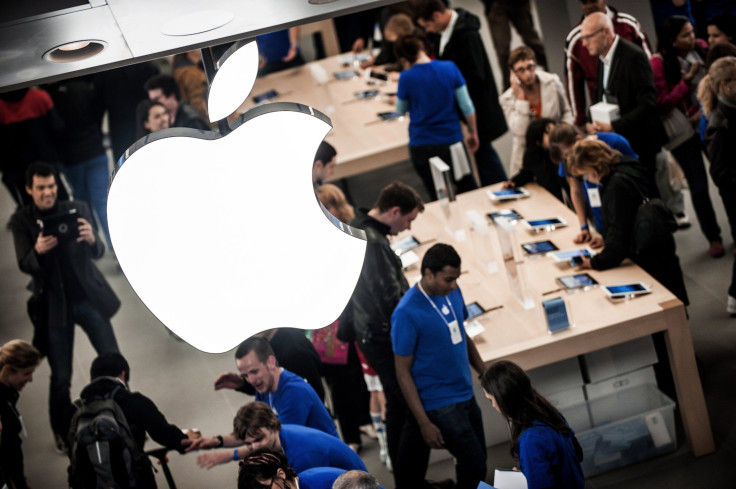Apple Store Workers Offer Canned Responses To 'Bendgate' Questions

Before they hit the sales floor each day, Apple Store employees huddle up for a session in which a manager reviews news about software updates, new products and apps, and other items about which consumers might be curious. The huddle is also where supervisors dish out talking points on negative news, like the so-called bendgate controversy.
An International Business Times reporter visited an Apple Store in New York City and asked an employee the question of the week: "What's the deal with this bending iPhone stuff?"
The worker responded with a canned soundbite that sounded rehearsed: "That's just what some newspapers say. Would you buy an iPad and sit on it? Would you buy a Macbook Air and sit on it? I know I'm answering your questions with questions, but if you use this as a phone, there's no problem. Have you ever bent your iPhone 5?"
"Bendgate" has taken on a life of its own. While a now-notorious video shows a tester bending iPhone 6 Plus with his hands, a Consumer Reports test shows it takes 90 pounds of effort to warp the device -- far more than what would occur under normal use.
There irony is that the Consumer Reports testing found that the iPhone 6 (which wasn't brought up in Bendgate at all) is more bendable, flexing under a still considerable 70 pounds of force.
Recall the Apple employee's comment: "If you use this as a phone, there's no problem." In other words, tests show that it's unlikely that normal use of an iPhone 6 or 6 Plus will yield the type of dramatic curvature demonstrated in the infamous video.
© Copyright IBTimes 2024. All rights reserved.






















